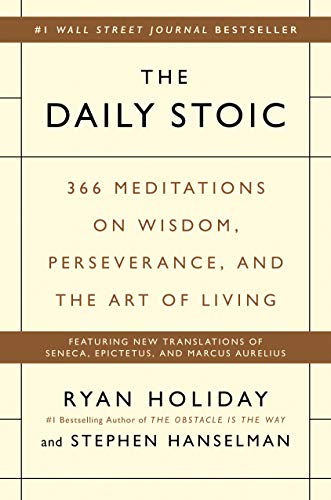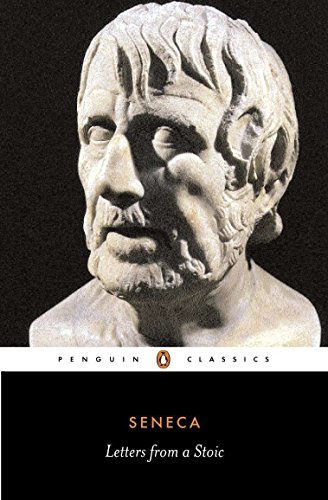
Failure Is Progress In Disguise
Failure Is Progress In Disguise
June 25th
“It is the action of an uninstructed person to reproach others for their own misfortunes, of one entering upon instruction to reproach themselves, and of one perfectly instructed to reproach neither others nor themselves.”
—Epictetus
Enchiridion
When things go wrong, it's natural to look for someone to blame.
If you find yourself pointing fingers or hearing others complain about how external circumstances have let them down, that's typical human behavior. We do this to protect our egos, to find a scapegoat for our mistakes and misfortunes.
But consider this—how often do those complaints actually improve your situation? Is it possible that directing your energy toward blame is just a distraction from taking positive action?
Now, what about when you start learning and evolving? There's a shift. You might begin to see the role you've played in your own setbacks. This self-reflection is crucial and can be uncomfortable. Have you been there, blaming yourself, feeling guilty or foolish? This is a step forward but, according to Epictetus, not the end goal.
True wisdom comes when you stop the blame game altogether. You simply accept what happens—as a fact of life, not a problem to wrestle with.
So the next time you're met with a challenge, pause and ask yourself: "Can I let go of blame and instead focus on what I can control? Can I learn from this without judgment and move forward with grace?"
This is the stoic path, a dance with life where you learn, adapt, and take responsibility without wasting time on blame.



